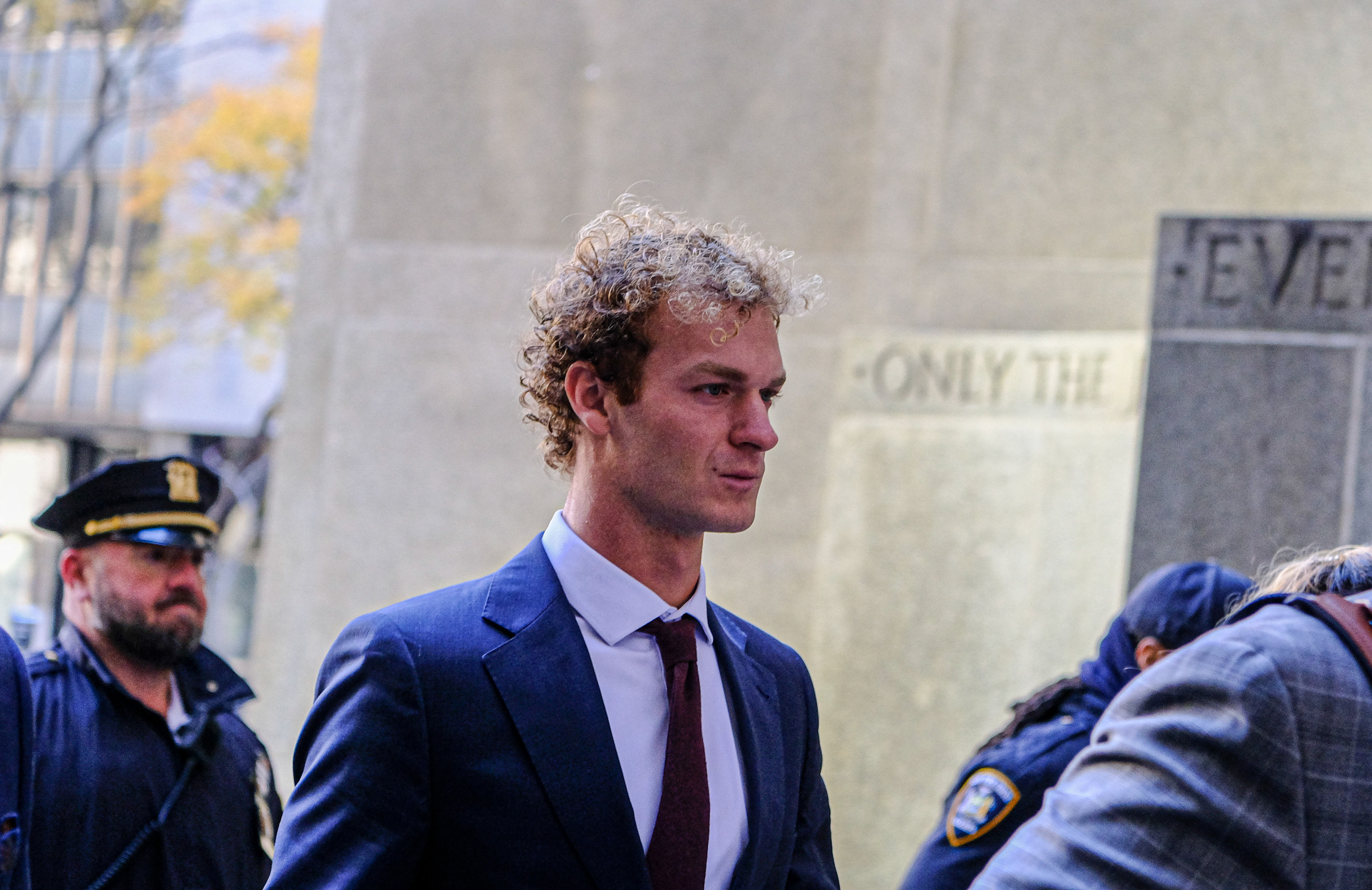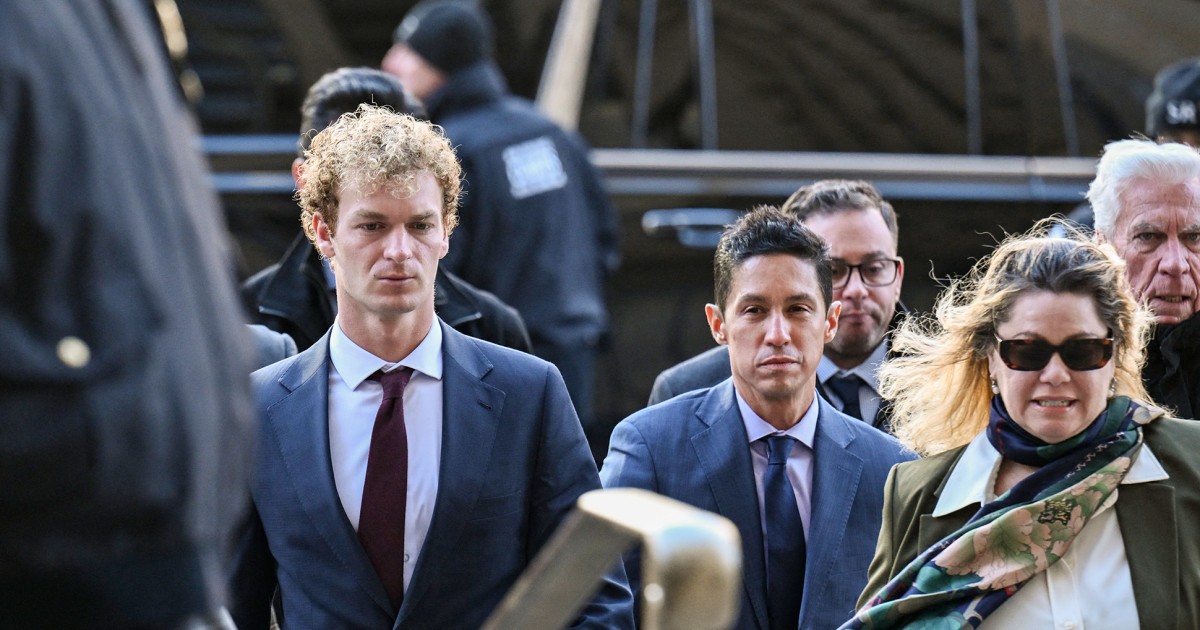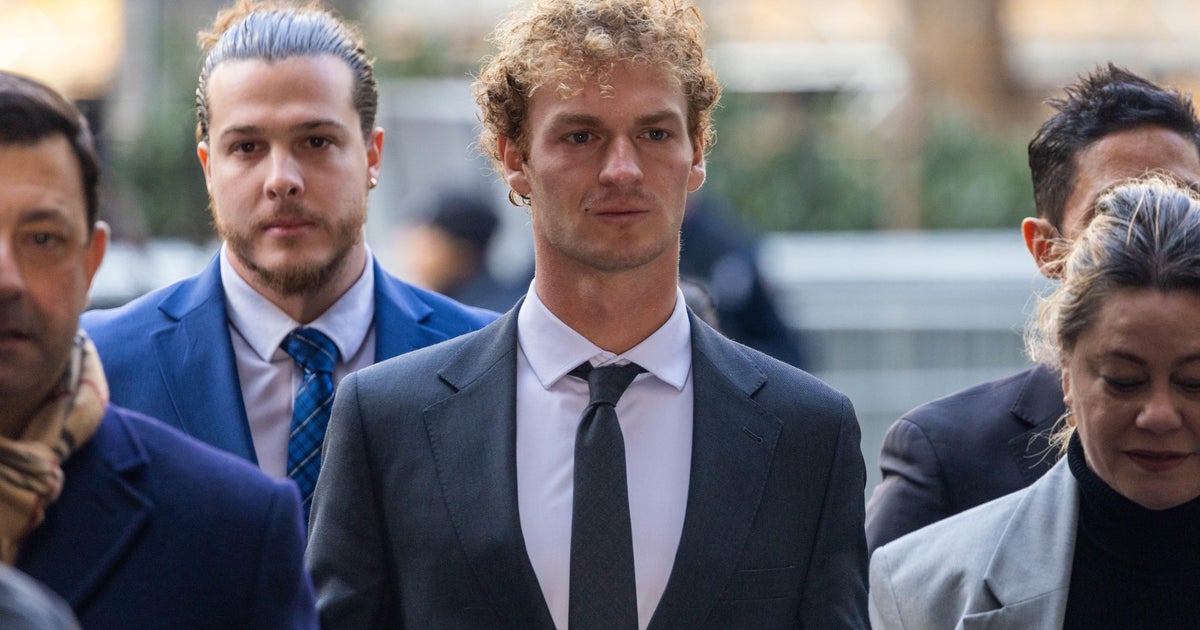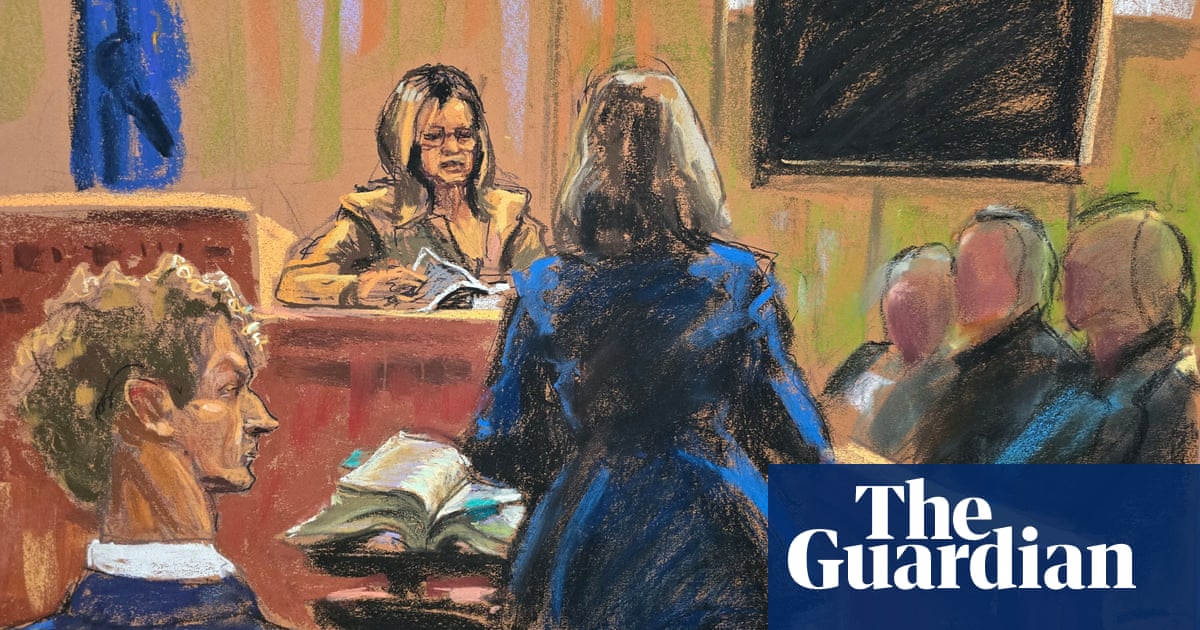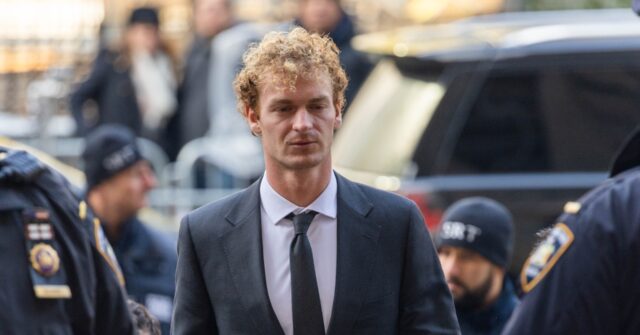Daniel Penny Manslaughter Charge Dismissed in Jordan Neely Case
Update on Daniel Penny's trial as the judge dismisses the manslaughter charge, allowing jury to consider criminally negligent homicide instead.
Overview
In the trial of Daniel Penny, accused of fatally choking Jordan Neely, the judge dismissed the second-degree manslaughter charge at prosecutors' request. The jury, unable to reach consensus on manslaughter, will now deliberate on criminally negligent homicide, which has a maximum sentence of four years. The decision follows Penny's assertion of self-defense against Neely, a homeless man behaving erratically. Key issues include jury interpretation of 'reasonable person' and the impact of race and public safety on the case. Deliberations will resume on Monday.
Report issue

Read both sides in 5 minutes each day
Analysis
Analysis unavailable for this viewpoint.
Articles (35)
Center (12)
History
- 1y

 4 articles
4 articles
- 1y

 6 articles
6 articles






